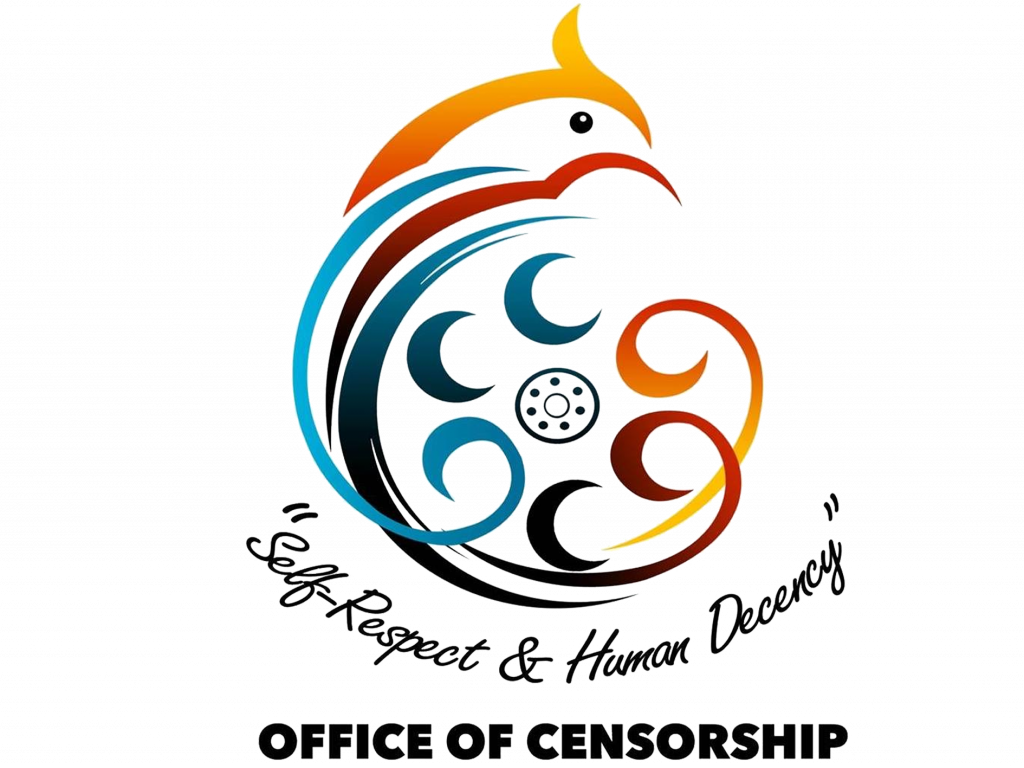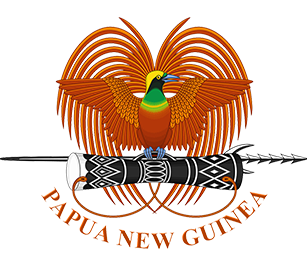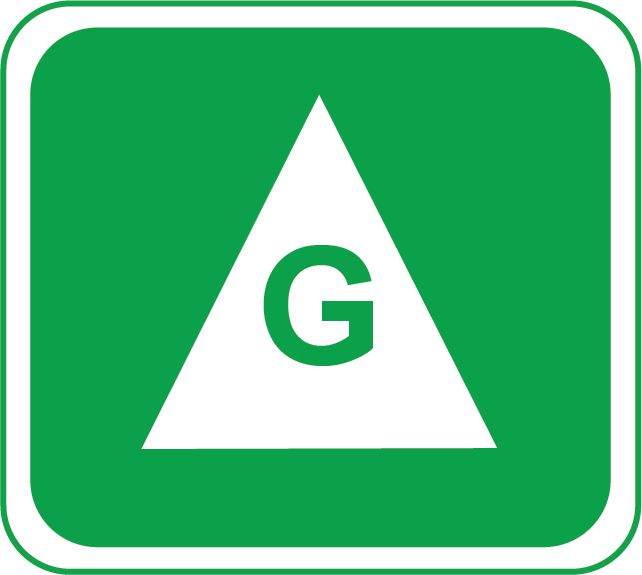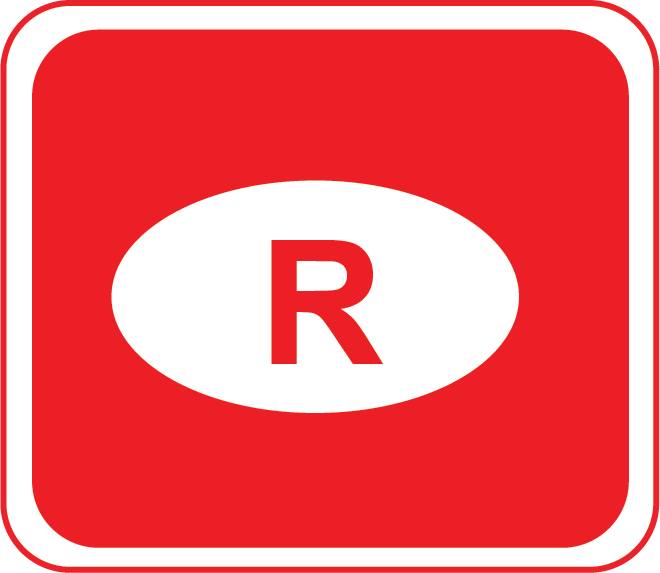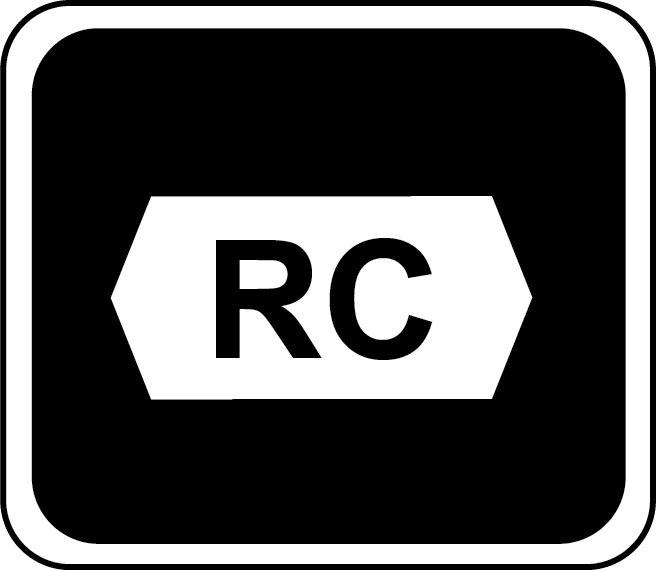CENSORSHIP BOARD
The Censorship Board of Papua New Guinea is established under Section 4 of the Classification of Publication (Censorship) Act 1989. Its membership functions, powers, terms and condition of the office are found in the same Act.
Censorship Board of Papua New Guinea is concerned with policy matters while the Office of Censorship is responsible for its administration and implementation of its policy directives. The demarcation of the functions is stipulated under the Classification of Publication (Censorship) Act of 1989.
The main functions of the Censorship Board are:
- To formulate policies of Censorship.
- To set standards to which prohibiting and broadcasting of all publications shall conform.
- To decide on matters or goods including publications referred to it by the Chief Censor or on its own motion.
- To perform any other functions as may required under the Censorship Act or other law.
Thus, the overall mandate of the Board through the Office is to regulate and monitor the content of mass media and the public communication systems in PNG. These include screening films’ contents and publications that directly or indirectly distract the minds of individuals, particularly the young and vulnerable.
Censorship Board through the Office of Censorship ensures that all forms of information and communications, services and application, whether from outside or within Papua New Guinea, are assessed and classified, and that appropriate action is taken so Papua New Guineas are protected from all materials that may be detrimental to their physical, mental, and spiritual wellbeing.
Acting on advice, the Minister for Youth, Religion and Community Development appoints citizens to the Board for three (3) years, included in the appointment is the Chairperson and the Deputy Chairperson with twelve (12) members. These twelve (12) members are representatives from the following agencies:
- Religion Youth & Community Development
- Department of Justice and Attorney General
- PNG Council of Churches
- Police Department
- Health Department
- Education Department
- National Council of Women
- National Youth Development Authority
- National Cultural Commission
- Office of Censorship
- Media Council Representative
AIMS
- To encourage the promotion of integral human development. That development being physical, mental, social and spiritual growth and development of the people of Papua New Guinea.
- To encourage feeling of nationalism in our people.
OBJECTIVES
“Medium of Communication” means any book, paper, magazine, and audio-cassette, film, video tape or other written or sound or pictorial matter or photographic matter, advertising matter relating to such goods and advertising matter relating to unethical sex aid.
BASIS OF MISSION
- To observe the goals and principles of the National Constitution.
- To encourage the development of a healthy mind and body.
- To uphold moral values and common decency
- To maintain religious belief
- To encourage and promote respect for and observation of the noble traditions and cultural values of our people
- To assist in the promotion and maintenance of Law and Order.
- Generally monitor and safeguard against harmful effects and influences of the “medium of communication” on the individual and on all people of Paua New Guinea.
The Censorship board’s aim, objective, and role in the country are in accordance with the National Constitution, the Classification of Publication (Censorship) Act 1989, the Summary Offences (Amendments) Act 1986, and other related laws of Papua New Guinea.
The Board recognizes Papua New Guinea’s pluralistic society where individuals share and benefit from aspects of life in their family and community units of our nation. Thus, the sense of pride and belonging to the nation will be encouraged through administering censorship and other related laws of this country.
MISSION STATEMENT
- The Board will ensure that all forms of public communication, especially that provided by the mass media, whether from outside or within the nation, promoted the well-being of the people in their physical, mental, social, cultural, and spiritual life.
- All forms of mass media and public communication whether provided for entertainment or other purposes will be monitored to encourage recognition of an individual’s self-propriety, simultaneously observing the public welfare and moral life of the people of the nation. In determining standards, the board shall give effect, as far as possible to the standards of morality, decency, and propriety generally accepted by a reasonable adult person in Papua New Guinea; entitled to read and view what he or she wishes; and a person is entitled to protection from exposure to unsolicited material produced within or outside Papua New Guinea he or she finds offensive.
- The Board will assess the impact of communication material on the different sections of the community, by persuasion and education rather than by coercion. Whilst viewing, deliberating, and classifying communication material the Board will ensure that material allowed for public consumption would be of general benefit to the community.
- Where there is a need because of the lack of response to persuasion, or because of the seriousness of the matter, the board will use the legal powers provided by the Act to prohibit or restrict and control the dissemination of material judged to be contrary to the nation’s well-being by reason of encouraging unhealthy behavior or being offensive to a selection of the community.
- The Board will consider the impact of the mass media on the entire nation and not focus on limited sections of the community. Where it is not possible or appropriate to prevent all material judged to be in some way undesirable, the Board will Endeavor to promote the production of other communications which will provide corrective measures and lessen the undesirable impact on people.
- In order to achieve its aims and objectives, the Board will undertake to implement its functions and task as reflected in this Mission Statement through;
-
- the educative process and public awareness campaigns,
-
- the administrative and implementation arm, the Office of Censorship and
-
- the co-operation and collaboration of relevant public and private bodies, organizations and agencies, including, in particular, media, education, police, courts, or supplier organizations.
-
